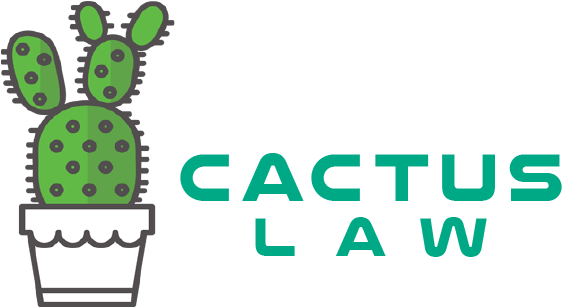 Part 2 of Bill C-8 is the Underused Housing Tax Act (“UHTA”), which is the first federal statute targeting vacant homes and foreign owners. The UHTA applies to residential real estate that is owned directly or indirectly, in whole or in part, by non-permanent resident, non-Canadian citizens.
Part 2 of Bill C-8 is the Underused Housing Tax Act (“UHTA”), which is the first federal statute targeting vacant homes and foreign owners. The UHTA applies to residential real estate that is owned directly or indirectly, in whole or in part, by non-permanent resident, non-Canadian citizens.
On December 15, 2021, Bill C-8 was introduced in the House of Commons. The UHTA seeks to implement a 1% tax—known as the Underused Housing Tax (“UHT”)—that targets residential property that is underused or vacant.
Although Bill C-8 has not yet been enacted, once it is passed into law, the UHTA will retroactively come into force on January 1, 2022.
Scope and Purpose of the UHTA
Every owner of a residential property would be required to file an annual declaration with the Canada Revenue Agency for each residential property they own on or before April 30 of the following calendar year.
The UHT applies to every person that is an owner of residential property in Canada as of December 31 of a calendar year. An owner is someone that is the legal owner of the property— that is, the person registered on the title. Owners include persons that (i) are life tenants under a life estate, (ii) are life lease holders, and (iii) have continuous possession of the land under a long-term lease.
It should be noted that the UHT does not apply to “excluded owners” and to individuals who qualify for an exemption under the UHTA. *
Exemptions to the UHTA
The exemptions to the UHTA are extensive. Not all exemptions are included. Some are discussed below.
Primary Place of Residence
The UHT will not apply to a residential property that is the primary residence of the owner, the owner’s spouse or common-law partner, or the owner’s child.
Qualifying Occupancy Exemption
An owner’s interest in a residential property would be exempt if they meet at least 180 days of a qualifying occupancy period.The property needs to be occupied in periods of at least one month, but these months do not need to be consecutive.
A qualifying occupant is an individual who:
Note that there is an exclusionary rule to the qualifying occupancy exemption. The exemption does not apply if the owner or spouse, common-law partner, parent, or child of the owner is the only individual who has continuous occupancy of the residential unit and resides at another property for and equal or greater number of days than the number of days they reside at the residential property.
Multiple Residential Properties
If a person or their spouse or common-law partner are neither a Canadian citizens nor a permanent resident of Canada, but they own multiple residential properties, the primary place of residence exemption will be available only if certain elections are filed.
Other Exemptions
This is not an exhaustive list:
How is the Tax Calculated?
Every person that is, on December 31 of a calendar year, an owner of a residential property must pay an amount determined by the formula A x B x C, where A is 1%; B is the fair market value or taxable value of the residential property; C is that person’s ownership percentage of the residential property.
Note:
When is the UHT required to be Paid?
The UHT, in respect of a residential property for a calendar year, must be paid to the Canada Revenue Agency on or before April 30 of the following calendar year.
Enforcement & Penalties
There are multiple penalties listed throughout the UHTA. Only the annual declaration is expanded on. Other penalties are included for gross negligence, not providing information of records, and misrepresentations.
Failing to File the Annual Declaration
If an owner of a residential property must file a declaration for their property for a calendar year and that declaration is not filed by April 30 of the following calendar year, the owner is liable for an amount equal to the greater of the following amounts:
If you have any questions regarding your real estate needs, please contact Cactus Law today to speak with a lawyer specializing in real estate law.
Disclaimer
The information presented above is solely for general educational and informational purposes. It is not intended to be, and should not be taken as, legal advice. The information given above may not be applicable in all cases and may not even reflect the most recent authority after the date of its publication. As a result, please refer to all updated legislation, statutes, and amendments. Nothing in this article should be relied on or acted upon without the benefit of legal advice based on the specific facts and circumstances described, and nothing in this article should be interpreted otherwise.
About the Author
Anton Marsic is entering his second year at the University of Ottawa Faculty of Law – Common Law.
* Who Qualifies as an “Excluded Owner”?
Owners of residential properties who qualify as an “excluded owner” are exempt from the annual declaration requirement. Therefore, they would not be subject to the UHT for the calendar year. The UHTA defines the following persons as an “excluded owner” and exempts them from the UHT:

